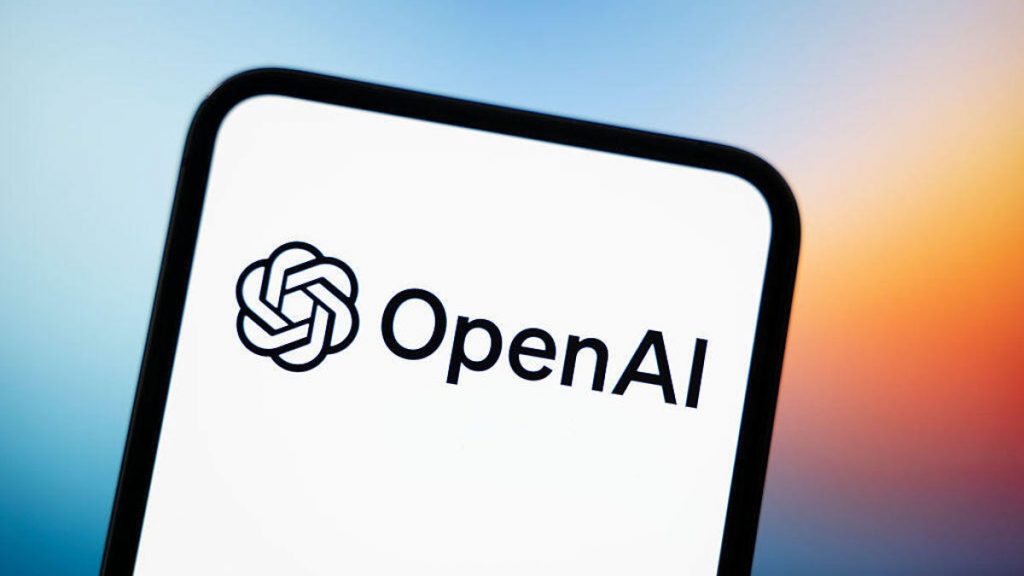When ChatGPT first launched in November 2022, parent company OpenAI pitched it as a productivity tool and a game-changer for delegating menial work tasks, such as responding to emails or writing memos. OpenAI just released a new paper looking into how hundreds of millions of people globally actually use ChatGPT, and the results show a striking shift in how people use it. What started as a work assistant is now a tool people use for their personal lives.
In mid-2024, nearly half of all conversations on ChatGPT were job-related. By mid-2025, that number had fallen to just over a quarter.
Don’t miss any of our unbiased tech content and lab-based reviews. Add CNET as a preferred Google source.
That doesn’t mean people are using the chatbot less. ChatGPT has about 700 million weekly active users worldwide, sending more than 2.5 billion messages per day or about 29,000 messages per second, according to the report by the National Bureau of Economic Research and contributors from OpenAI, Duke University and Harvard University.
In short, more and more people are using the platform — just not for work-related queries.
Read also: OpenAI Wants You to Get a Certificate in ChatGPT and Find Your Next Job
The paper describes a shift away from asking ChatGPT to perform tasks, such as writing text, toward users asking it questions. For instance, «writing help comprised more than a third of usage last year. Now, it’s closer to a quarter.»
Meanwhile, «seeking information» has grown from 14% to 24% of all conversations, meaning people use ChatGPT more as a search engine replacement for information and guidance.
«Overall, our findings suggest that ChatGPT has a broad-based impact on the global economy,» the paper states. «The fact that non-work usage is increasing faster suggests that the welfare gains from generative AI usage could be substantial.»
(Disclosure: Ziff Davis, CNET’s parent company, in April filed a lawsuit against ChatGPT maker OpenAI, alleging it infringed Ziff Davis copyrights in training and operating its AI systems.)
Who is driving this change
The OpenAI paper also looks into the demographics behind these inquiries:
- Gender: Early users skewed heavily male. In January 2024, only 37% of users had names that are typically considered feminine. As of July 2025, that group has grown to 52% of all users, meaning women (or those with feminine names) use the system at roughly equal or slightly higher rates than men.
- Age: Nearly half (46%) of ChatGPT users self-reported that they are between 18 and 25. This younger demographic favors personal queries, such as asking about hobbies or seeking advice, while older users are more likely to use ChatGPT for work-related tasks.
- Geography: ChatGPT usage is no longer concentrated in wealthier countries. The fastest growth is in lower-to-middle-income nations, where GDP per capita ranges roughly from $10,000 to $40,000, and smartphones are often the main gateway to the internet.
- Education: Users with college degrees or higher are more likely to use ChatGPT for professional tasks. For instance, 37% of messages are work-related for users with less than a bachelor’s degree, 46% are work-related for users with a bachelor’s degree, and 48% are work-related for those with some graduate education. Non-degree users still engage heavily, mostly using the chatbot for everyday questions and support.
- Occupation: The paper also found that users in highly paid professional and technical occupations are more likely to use ChatGPT for work.
Read also: OpenAI Adding Parental Controls to ChatGPT After Lawsuit Over Teen’s Death
